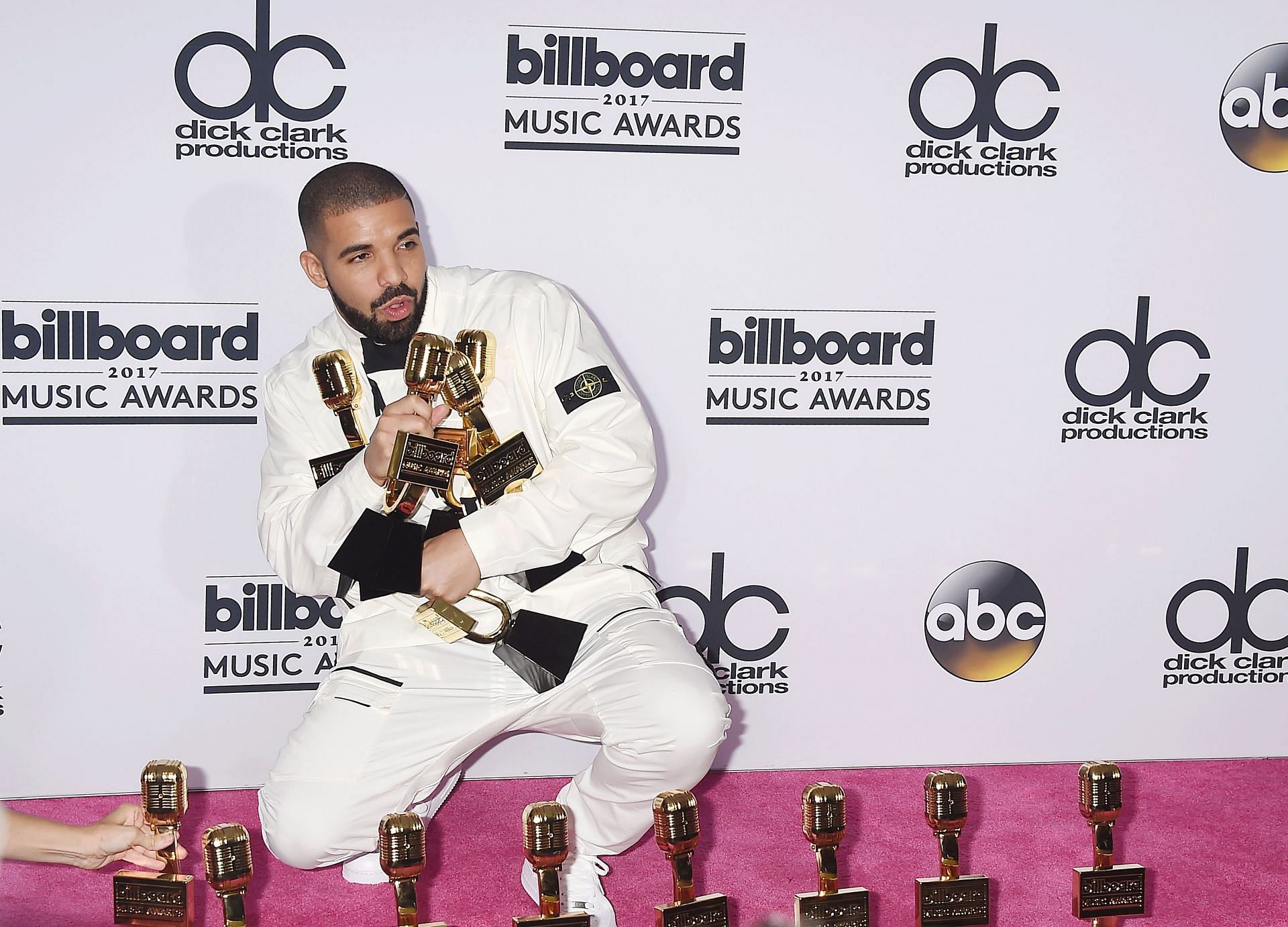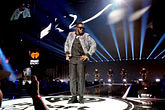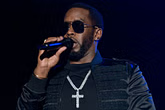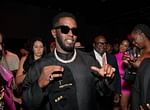Drake's lawyer accuses UMG of trying to make "Not Like Us" into a "de facto national anthem" as judge questions "certified p*dophile" lyrics

Earlier this year, Canadian rapper Drake filed a lawsuit against Universal Music Group, specifically regarding the diss track Not Like Us, released by Kendrick Lamar in 2024. The rapper later filed an amended suit in April. A judge had now been looking into the wordplay used in the popular track Not Like Us.
On June 30, Drizzy's lawyer, Michael Gottlieb, accused the record label of trying to make the track "a de facto national anthem." According to Gottlieb, the track had "achieved cultural ubiquity" like no other hip-hop music ever did. The Independent reported on June 30, 2025, that Gottlieb then said:
"[An average listener could be a] 13-year-old who's dancing to the song at a bar mitzvah."
For the uninitiated, June 30 marked the date that could determine whether the lawsuit against UMG would be dismissed. The Independent reported that Judge Jeannette Vargas did not make the decision immediately after the Monday hearing. The label's legal team tried to explain to the judge by claiming that the usage of "certified p*dophile" was a play on Certified Lover Boy.
Judge Jeannette immediately asked if it was natural for an ordinary listener to understand this context and reference. To this, the UMG lawyer responded by saying:
"The context is all the rumors about Drake and young females."
Drake's lawsuit had claimed that false references were made about him in the track, including falsely accusing him of being a p*dophile. The suit additionally claimed that these allegations not only tarnished his image but also raised concerns about his safety.
On Monday, label lawyer Rollin Ransom argued that the lyrics used in these rap songs should not be treated as facts. Ransom reportedly read a part of the lyrics from Drake's Taylor Made Freestyle and claimed that all these rap tracks include "trash-talking in the extreme."
Drake had previously filed a legal petition in Texas against iHeartMedia
Drake's lawsuit against Universal Music Group was not the only one surrounding Kendrick Lamar's track Not Like Us. According to a March 5, 2025, report by The Associated Press, the Canadian rapper apparently filed a petition against iHeartMedia back in November 2024.
Drizzy had claimed that iHeartMedia illegally took money from Universal Music Group in order to boost airplay for Not Like Us. While the media company did not initially comment on the matter, they later issued a statement addressing the accusations made against them by the rapper. According to the outlet, in March 2025, they said:
"In exchange for documents that showed iHeart did nothing wrong, Drake agreed to drop his petition. No payments were made — by either one of us."
This statement prompted a representative of the rapper to come forward and negate their claims. According to them:
"[The media company] has not provided a single document as of yet to Drake, let alone any information that showed they did nothing wrong."
The same month, attorneys for the rapper announced that the two parties had reached an amicable settlement. However, no additional details about this settlement were then revealed. The Associated Press reported that the dismissal of the case happened "with prejudice." This meant that the rapper could not refile the suit against them.
iHeartMedia consistently denied any wrongdoing throughout, despite the accusations made against them. In a final statement, the media company wrote:
"This back and forth is silly. Drake dropped the petition. We did nothing wrong. End of story."
While the Canadian rapper had sued several parties surrounding Not Like Us, he had not filed anything directly against Compton rapper Kendrick Lamar.
UMG had reportedly tried to put a pause on the discovery
According to the reports by The Associated Press, Universal Music Group had previously attempted to pause the discovery process. This meant imposing a pause on the exchange of information and evidence between the two parties.
At the beginning of March, a judge rejected the record label's plea to halt discovery. According to the outlet, UMG was seeking a pause until the judge's dismissal hearing took place. Meanwhile, Drake's lawyers then issued a statement:
"[We are] pleased with the Court's decision to reject UMG’s continued attempts to stall discovery — another clear sign that UMG cannot run from or bury the truth."
Finally, in May 2025, the lawyers for Universal Music Group agreed to hand over the documents, provided that the rapper's lawyers ensured their confidentiality. A screengrab of a court document then went viral, showing that the documents had to remain "attorneys' eyes only" (AEO).
This meant that access to some records and information "can be further restricted to just the receiving party's external legal team and experts."
As for the June 30 hearing, neither Kendrick Lamar nor Drake could be seen at the courthouse.




